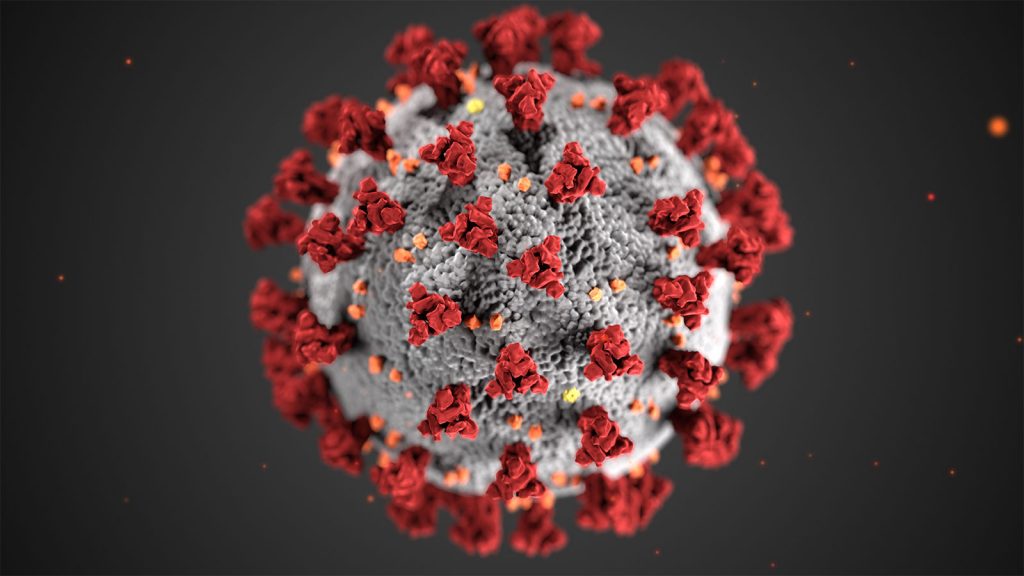
On February 26, 2020, the Centers for Disease Control and Prevention (CDC) confirmed the first case of community spread of COVID-19 in the United States. Since this patient had not traveled to Wuhan City, China or come in close contact with a known patient with COVID-19, this infection raised the possibility that COVID-19 was spreading undetected in the United States.
Two weeks later, any hope of that the UC Davis Medical Center patient was an isolated case vanished with the steady rise in COVID-19 confirmations that forced our county to implement increasingly restrictive measures. On March 9, 2020, Santa Clara County required the cancellation of mass gatherings of more than 1,000 persons. The San Jose Sharks played one more away game before the National Hockey League (NHL) postponed the remainder of the season.
Four days later, Santa Clara County prohibited gatherings of more than 100 people, restricted gatherings of more than 35 people, and closed all public schools in the county. On March 16, 2020, Santa Clara County issued an Order requiring all individuals currently living within Santa Clara County to “self-isolate in their places of residence.” Residents are permitted to leave their residence for Essential Activities, Essential Governmental Functions or to operate Essential Businesses, but “must at all times as reasonably possible maintain social distancing of at least six feet from any other person when they are outside their residence.” This action affects most of the San Francisco Bay Area and was taken in coordination with the San Francisco Department of Public Health, San Mateo County Health, Marin Health & Human Services, Contra Costa Health Services and the Alameda County Public Health Department.
Yesterday, we completed our first day under the new shelter-in-place rules to flatten the curve. Let’s see how these rules affect lawyers, law firms and the courts.
Law Firms and Shelter-in-Place Orders
First, we need to recognize that every jurisdiction will enact its own set of rules depending on local circumstances. In Santa Clara County, Essential Businesses include
Professional services, such as legal or accounting services, when necessary to assist in compliance with legally mandated activities.
Accordingly, law firms may continue to operate. However, they must comply with social distancing requirements.
California Courts and the Coronavirus Epidemic
Santa Clara County also exempted court personnel from the Order:
For purposes of this Order, all first responders, emergency management personnel, emergency dispatchers, court personnel, and law enforcement personnel, and others who need to perform essential services are categorically exempt from this Order. Further, nothing in this Order shall prohibit any individual from performing or accessing “Essential Governmental Functions,” as determined by the governmental entity performing those functions. Each governmental entity shall identify and designate appropriate employees or contractors to continue providing and carrying out any Essential Governmental Functions. All Essential Governmental Functions shall be performed in compliance with Social Distancing Requirements as defined in this Section, to the extent possible.
The importance of the courts during such times was highlighted in Epidemics and the California Courts, a publication by the Administrative Office of the Courts.
The exercise of the local health officer’s powers during an epidemic may impinge on personal liberties or affect property rights that members of the public normally enjoy. During large epidemics, courts may experience an increase in caseload, if affected individuals or communities seek judicial relief from restrictions imposed by health authorities.
While the courts may continue to operate, the coronavirus already had an impact on court cases and proceedings. The Supreme Court of California suspended in-person oral arguments in favor of video or telephone conferencing. Various courts have also sought emergency orders, under the Judicial Emergencies section of the California Government Code, which allows the Chairperson of the Judicial Council to declare that the date of an emergency be deemed as a holiday for the purposes of computing time under various sections of the Code of Civil Procedure, Penal Code and Welfare and Institutions Code.
Resources of Interest
- Legal Authorities for Isolation and Quarantine. From the CDC. Covers US Code and CFR sections that authorize to federal isolation and quarantine.
- National Strategy for Pandemic Influenza. Prepared in 2005 during President George W. Bush’s administration, it outlines a strategy and provides an implementation plan for fighting an outbreak of infectious disease.
- Influenza Pandemic: Gaps in Pandemic Planning and Preparedness Need to be Addressed. From the U.S. Government Accountability Office.
Photo Credit: The illustration of the coronavirus was created by Alissa Eckert, MS and Dan Higgins, MAMS, at the Centers for Disease Control and Prevention (CDC).

